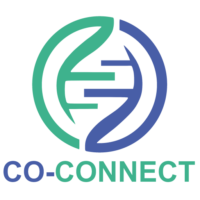CO-CONNECT Draws to a Close
The CO-CONNECT team celebrated the end of the project with a final get-together to reflect on what they have accomplished, and the legacy they are leaving behind
By Gabriella Linning

“It was an apt end to the project, with fascinating talks from a wide range of people with different areas of expertise – both from the internal CO-CONNECT team and a number of Data Partners involved in the project. Everyone had a great time and many new connections were made“
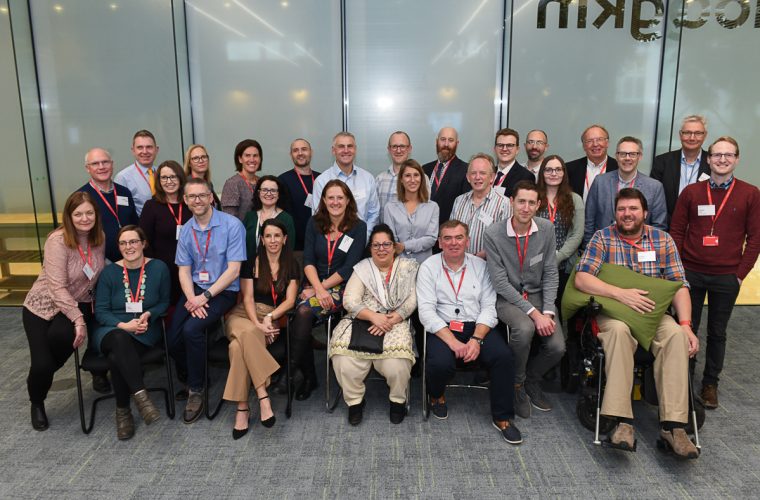
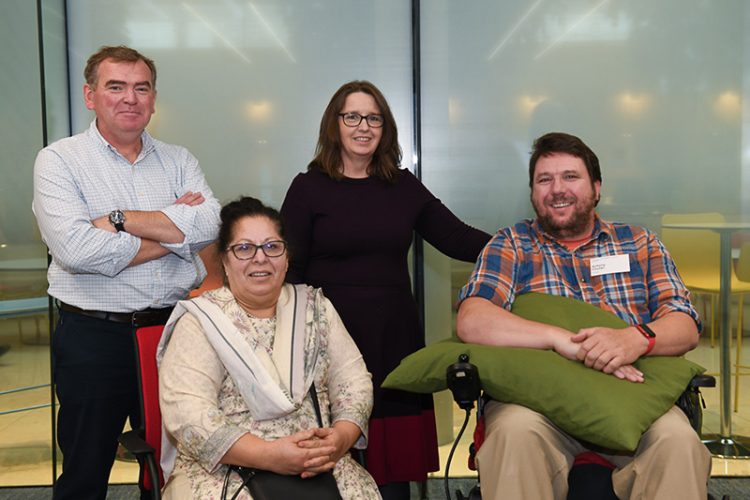
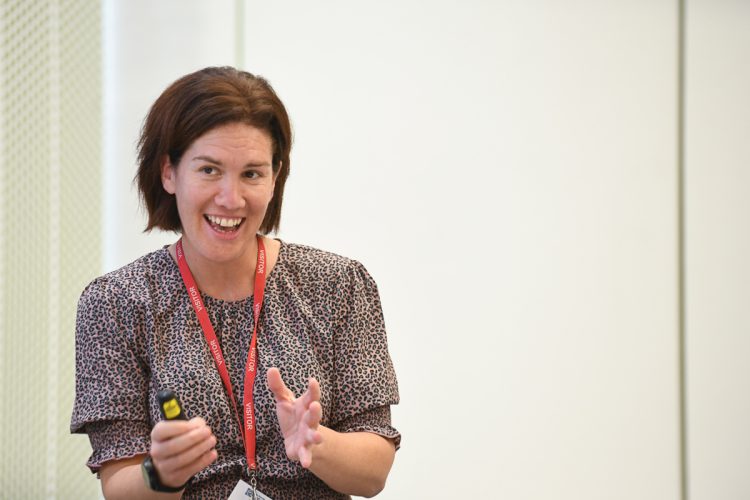
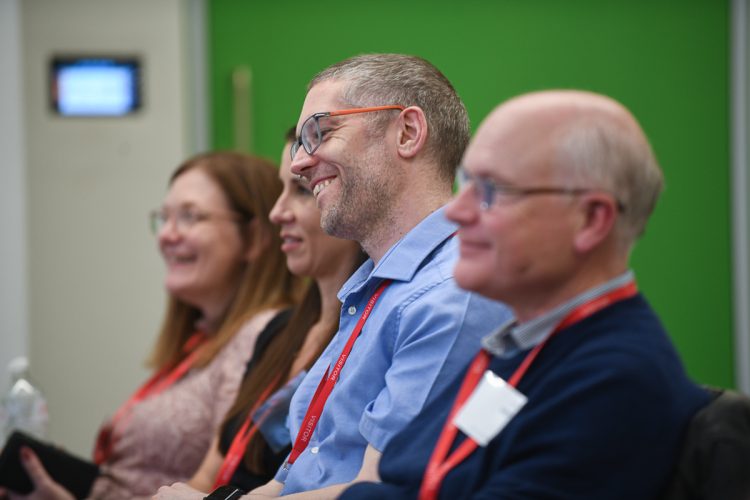
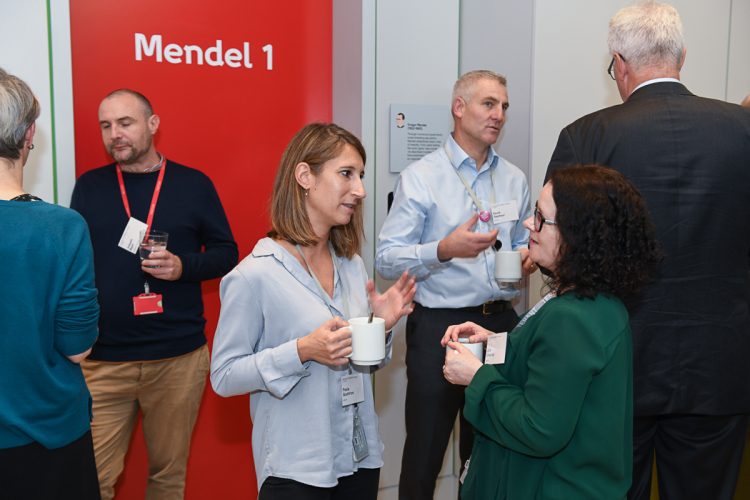
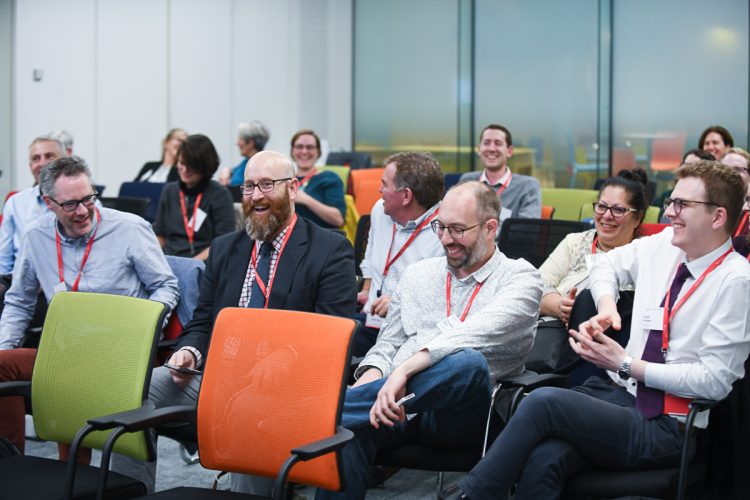
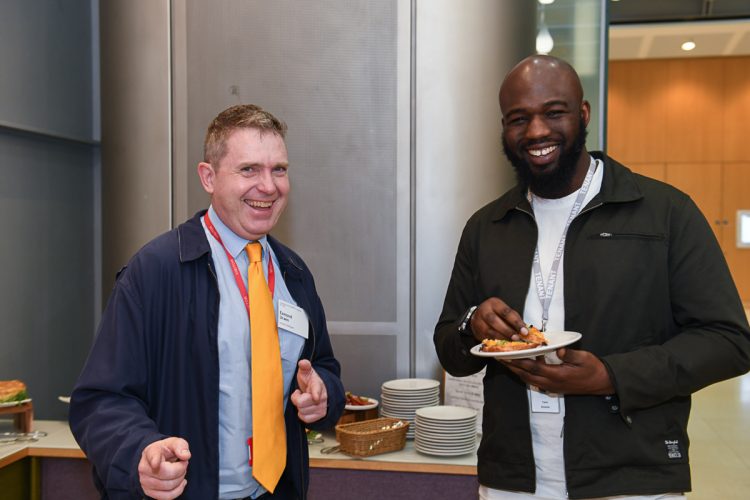
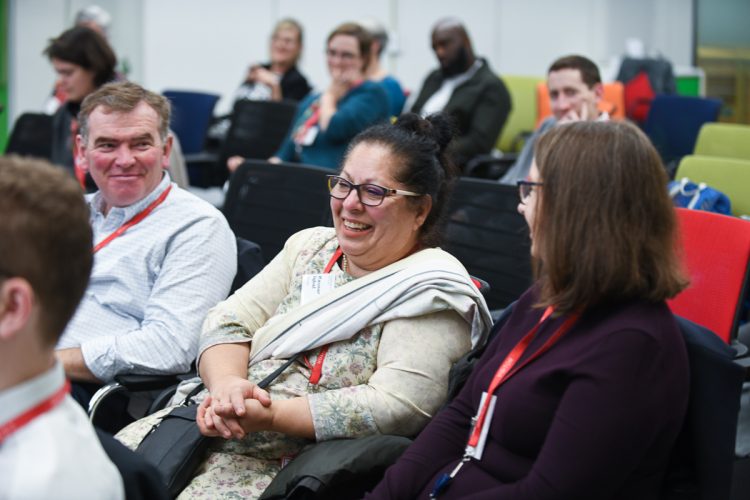
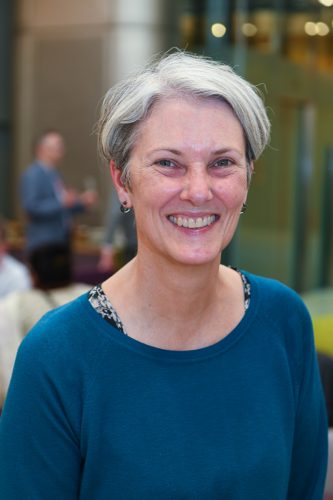
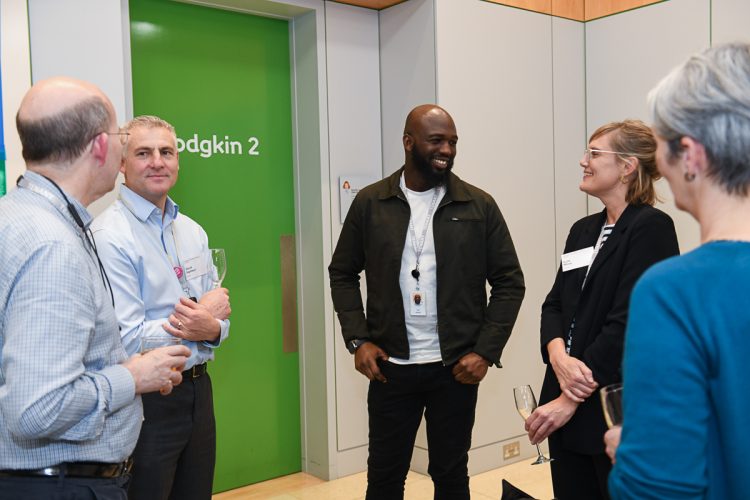
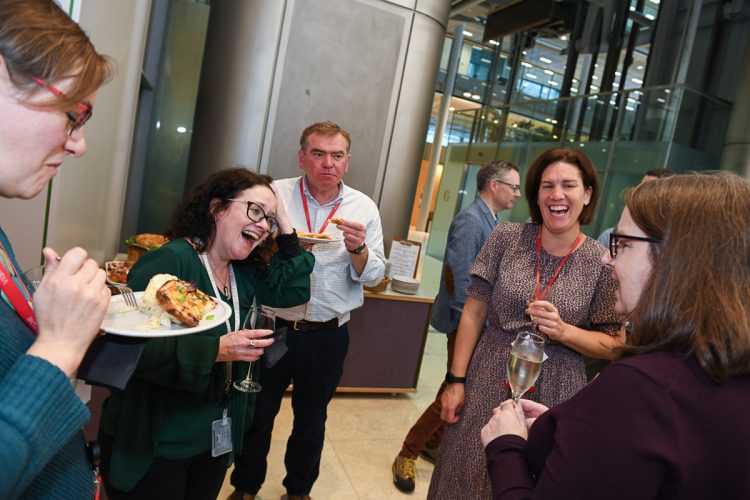
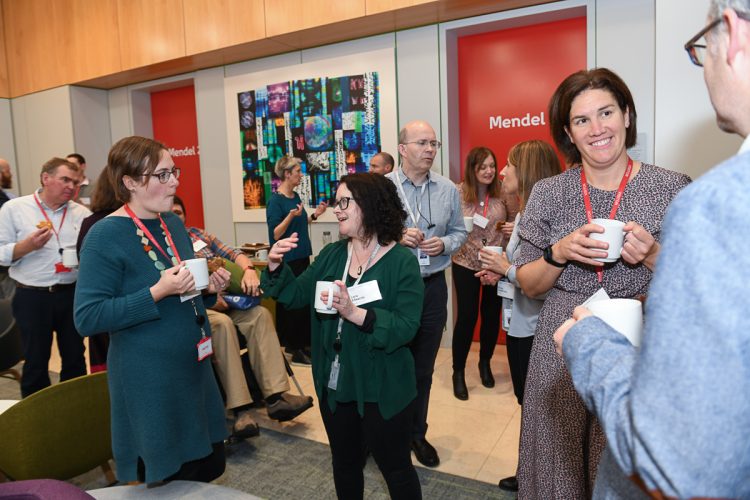
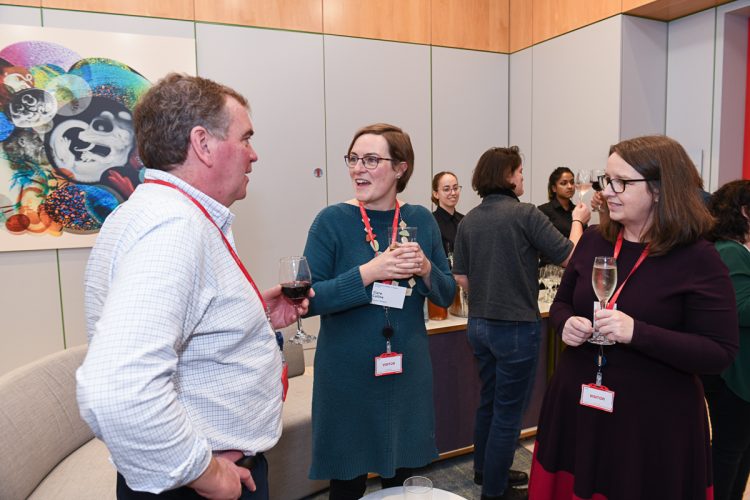
On Thursday 27 October, the CO-CONNECT project officially drew to a close. The team commemorated this event by holding a final meeting at the Wellcome Trust’s Gibbs Building in London.
Well attended by team members, Data Partners and project partners from across the UK, the meeting provided the perfect opportunity for attendees to catch-up and reflect upon their work over the last two years.
There were presentations given from across CO-CONNECT’s work packages, each focusing on what their team has delivered and the lessons they have learnt. Among the speakers were four of the project’s patient and public representatives (Alex Sloan, Antony Chuter, Jillian Beggs and Kauser Iqbal), who presented on their experiences working on the project.

“The main feedback we received was that attendees now have a new understanding of the breath of the project and the potential for building upon its legacy.”
What is CO-CONNECT's Legacy?
Changing the conversation
Overall, perhaps the most significant impact from the CO-CONNECT project has been changing the conversation around federated analytics.
In the early stages of the CO-CONNECT project, one of the biggest questions being asked was why should a data infrastructure that facilitates federated data analyses – such as the Cohort Discovery Search Tool (CDST) – be developed and supported? Particularly, by data custodians in charge of Trusted Research Environments.
Whilst the time sensitivity of early COVID-19 research certainly helped the team to answer this question, it was their innovation that has helped switched the conversation from “Why?” to “How?”. How can these resources be developed? How can they allow greater data connectivity and visibility without compromising on security and governance?
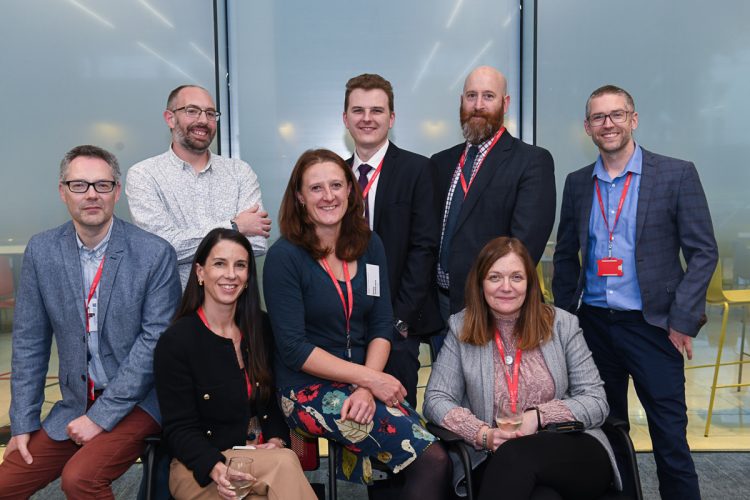
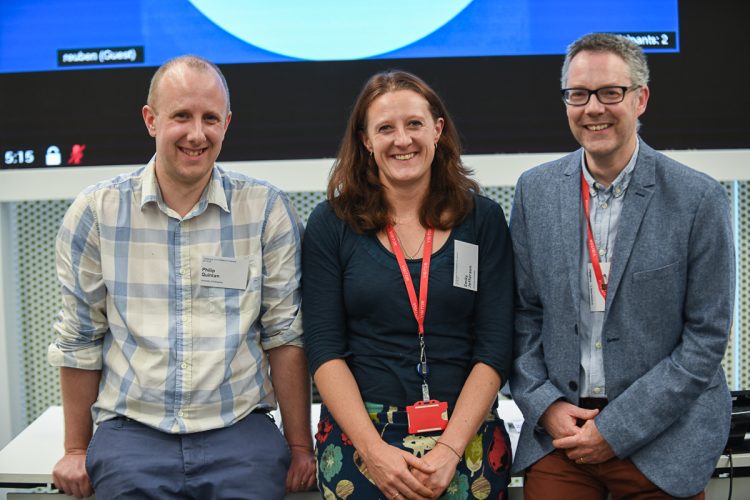
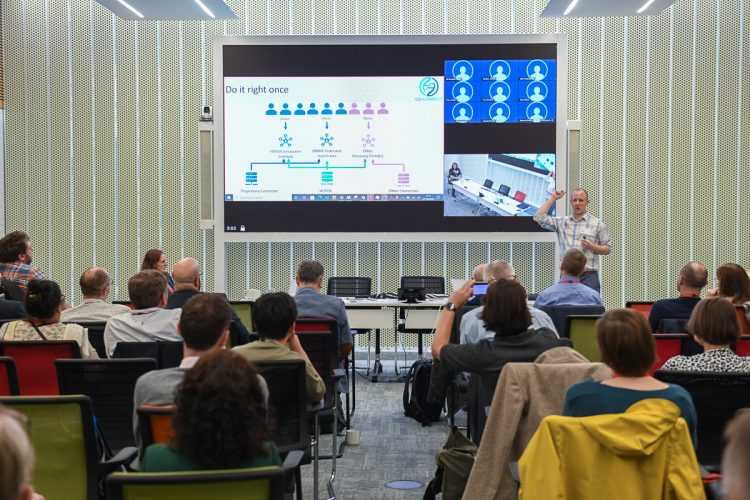
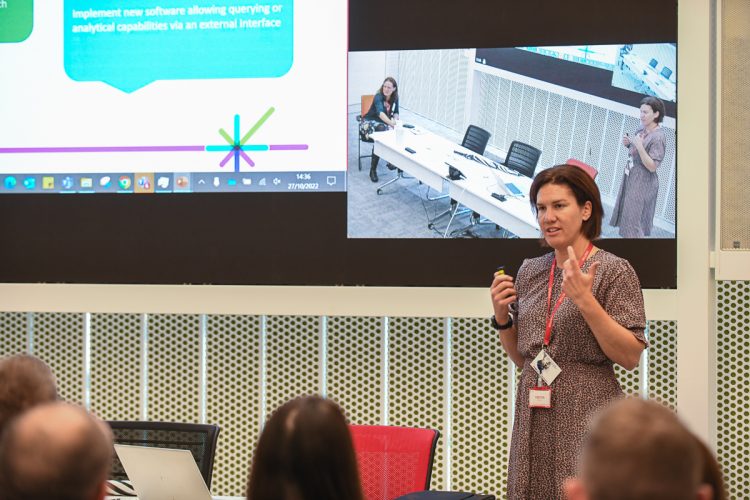

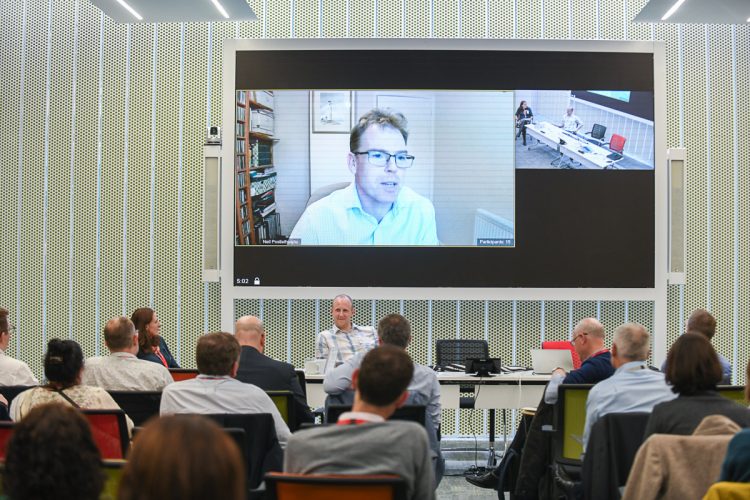
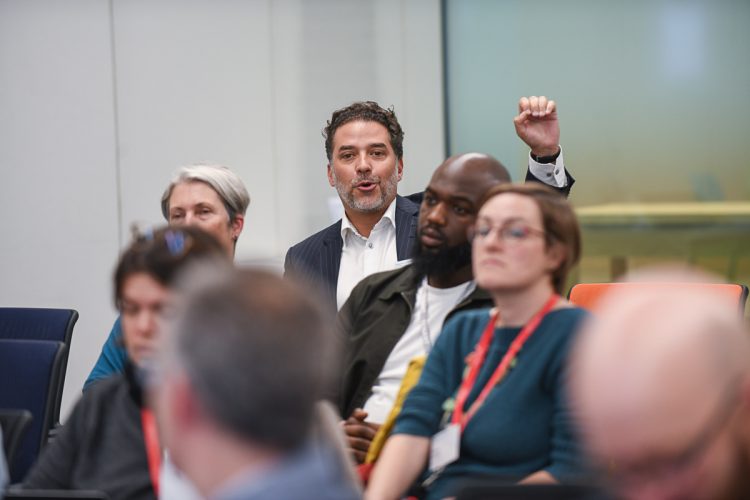
By the end of this project, CO-CONNECT has successfully onboarded 50 datasets onto the Health Data Research Innovation Gateway and and thirteen data sets discoverable through the Cohort Discovery Search Tool, including 12 COVID-19 research cohorts.
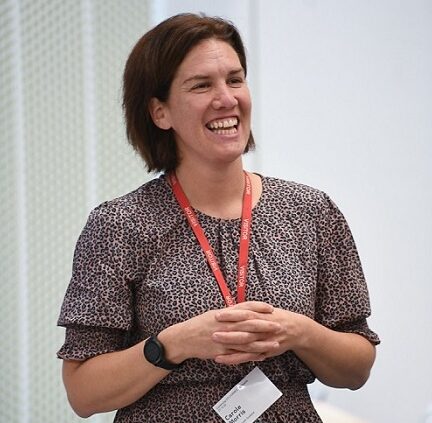
“After attending the end of project day it was really good to see the positive vibes across the whole group. The project took place during a chaotic period of time with lots of conflicting priorities where dealing with the here and now had to take front stage so considering all of that the work that has been achieved is, in my opinion, quite impressive.”
Setting new foundations for data infrastructure
CO-CONNECT has successfully created a new type of secure data architecture. One which has been approved by organisations hosting both unconsented and consented datasets, and can be enhanced and re-used for other purposes.
Cohort Discovery Search Tool
The CDST remains live and active within the Health Data Research Innovation Gateway, and will continue to reduce the time and effort for both researchers and data custodians (our Data Partners) to carry out feasibility queries across multiple datasets from all over the UK.
Perhaps most excitingly, however, new cohorts may continue to be on-boarded. This is thanks to the innovative processes, software and tools developed by the CO-CONNECT team, which are publicly available for re-use.
These resources can be used by other research groups to on-board new cohorts onto the CDST, covering all diseases and not just COVID-19.
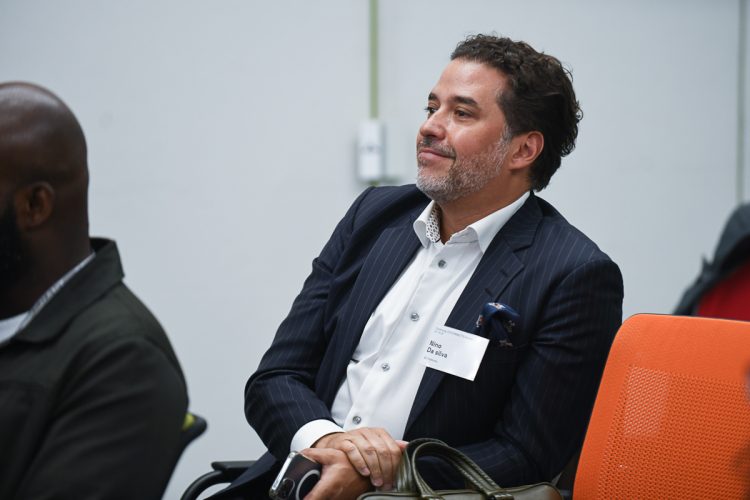
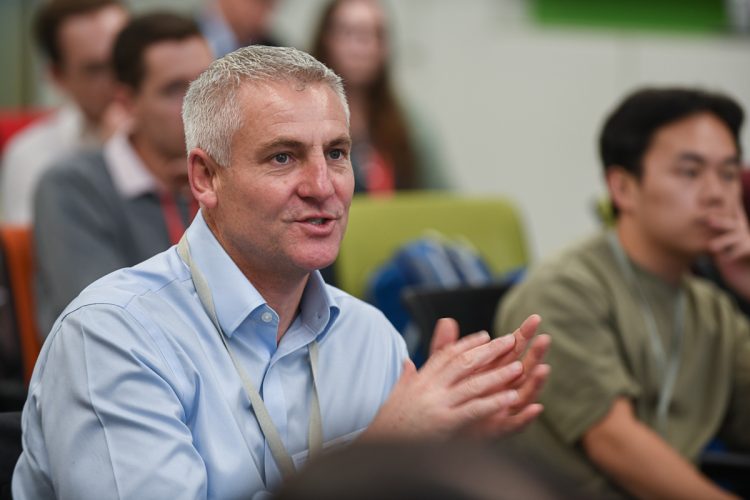
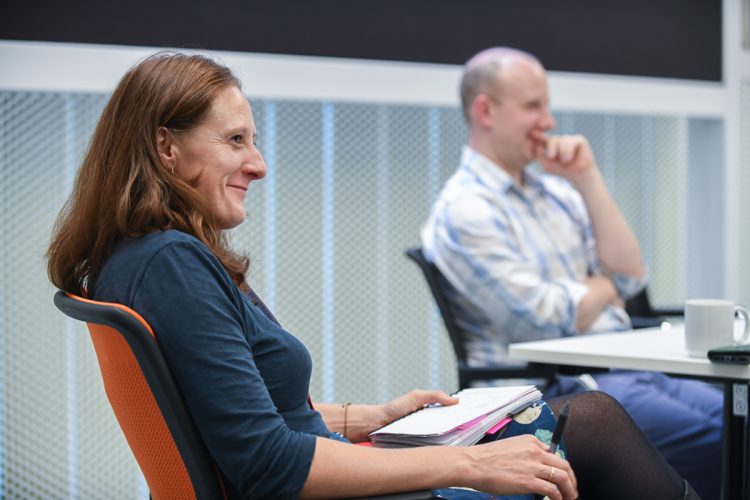
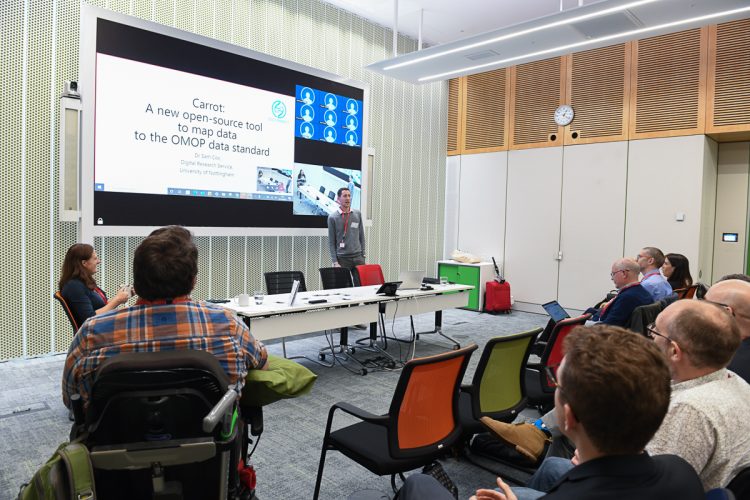
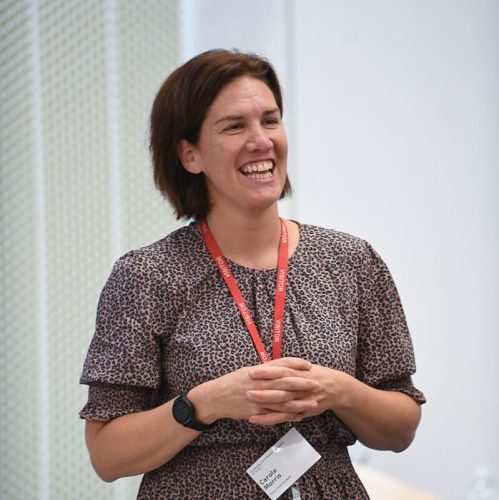
Processes & Software
The team has developed new processes for on-boarding new cohorts onto the CDST, as well as open-source software cohorts into OMOP and open APIs to enhance and expand their functionality. This includes:
- the White Rabbit software, which has been accepted by Data Partners as a software for profiling and producing meta-data on sensitive datasets;
- the CaRROT Mapper and CaRROT CDM , two Open Source tools developed by the CO-CONNECT software team. These speed up the mapping of data sets to the OMOP standard, and are freely available for others to map their own data (see below). Other projects are already utilising them.
Furthermore, in collaboration with Data Partners, CO-CONNECT researched federated analysis. This is where the data remains within the Data Partners’ secure environment, but questions about the data are sent through the Health Data Research Innovation Gateway website and summary results returned. This method would provide more complex trend analysis rather than simple counts.
Our resources
Visit out GitHub site at: https://github.com/HDRUK/CaRROT-CDM
Visit our GitHub repository at: https://github.com/HDRUK/CaRROT-Mapper
To access our comprehensive documentation for use in data governance applications and for technical teams implementing the solution, visit the webpage at: https://co-connect.ac.uk/?p=2523&elementor-preview=2523&ver=1668417018#https://co-connect.ac.uk/docs/
Our range of explainer videos are for data custodians and the general public to understand the solution, benefits and how we have protected patient confidentiality.
Watch our explainer videos at: https://www.youtube.com/watch?v=ghXyU9THr18&list=PLHXTHXI_vn3bqTDcr3hZ2DgjF83mWFHLp
Where can I find our more about...
The CO-CONNECT software team developed two Open Source tools called CaRROT Mapper and CaRROT CDM to speed up the mapping of data sets to the OMOP standard. These are freely available for others to map their own data and other projects are utilising them.
To find out more, visit the GitHub repository at: https://hdruk.github.io/CaRROT-Docs/CaRROT-CDM/About/
Visit the webpage at: https://www.healthdatagateway.org/about/cohort-discovery
Visit the HDR Innovation Gateway website at: #https://www.healthdatagateway.org/
Visit our overview page at: https://co-connect.ac.uk/overview/
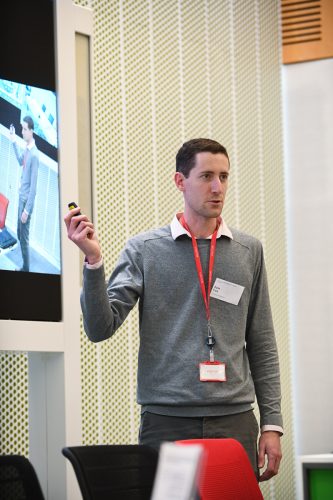
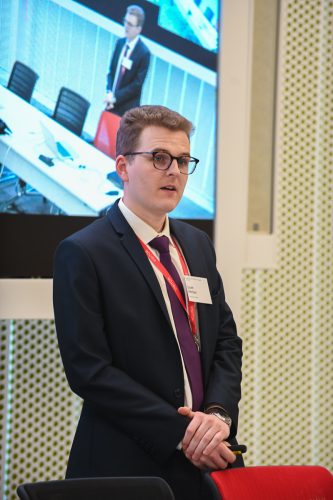
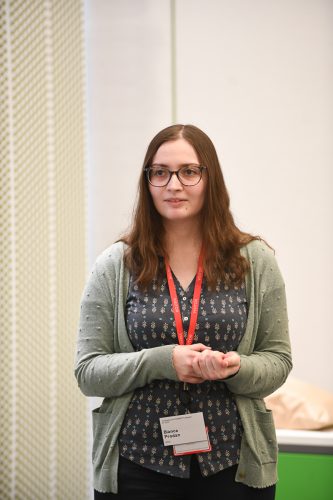
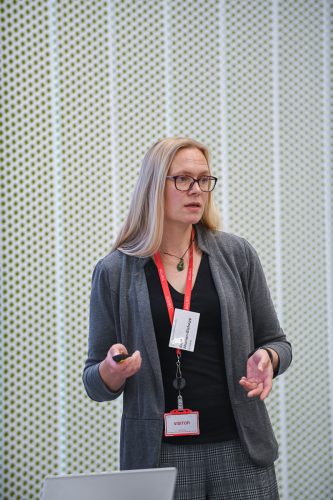

“Many of us are of an age when, in a medical setting, found ourselves talked about in clinical terms that are not patient-friendly as if we were not in the room. To me, the PPI role, kept the patient in the room, involved in the discussion and, more importantly, actively engaged in seeking solutions.
So often, we see medical issues being dealt with in splendid isolation, treating the condition sometimes to the detriment of the person or not even considering other issues in the patient’s life or, indeed, what they can contribute to their own recovery. In this project, a holistic multi-disciplinary approach brought together the finest minds and skills to find a solution to support the body – the NHS – with the patients’ full involvement.”
Thank you everyone for all of your hard work.
